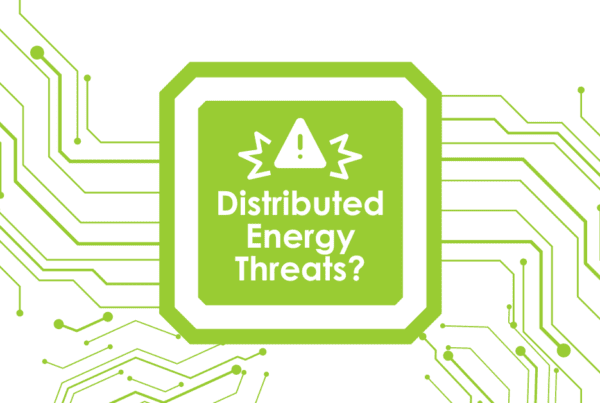Like millions of people around the world, I have been following the slow nightmare that is unfolding in the gulf. Many topics and thoughts come to mind.
First, our company mission is “make every project a positive experience for our clients”. It’s simple but guides everything we do. When there is a potential mistake or an angry client calling or emailing us complaining about something we are involved with, it’s a code red in our office. Engineers and managers meet immediately to plot the course of events leading to where we are and we clearly define the problem and plot a course to make amends. We focus on the immediate problem and take corrective action later as necessary.
Unfortunately, as usual, the political class engages in a food fight while Rome burns. Many politicians’ first reactions are to figure out how to get the political upper hand, not collaborate to mitigate the effects of the disaster. Bush was tarred and feathered for Katrina as though he started the storm and drove it right into New Orleans on purpose. It is true however, that corporate America, including Wal-Mart, was quicker to provide relief than the government. This current disaster is in many ways very similar, EXCEPT it is unfolding in super slow motion. It’s already been two weeks since this started. It will be interesting to see how this administration is treated in the court of public opinion. Thus far, it has mainly been right wingers flinging their verbal nunchucks, but apparently so has the New York Times! Whoa. So President Obama may be headed for a similar unfounded meat grinder.
Second, there is a tendency to underestimate the disaster. This was true with Katrina and it is unfolding once again with this mess. First it was a thousand barrels a day. Then 5,000. As of Saturday, it was floated that it may actually be 25,000 barrels a day. One of the best business books I’ve read is “Winning” by Jack Welch, long-time CEO of General Electric. He dedicates a chapter to crisis management and the first of five responses to a crisis is to assume it is much worse than it seems. Again, I’ll refer to my days in the nuclear Navy. The tiniest of “incidents” were formally reported and acted on. This may include lessons learned, more training, somebody’s head rolls, or a procedure changes. The incident might be the first in what would have to be about six mishaps carried out “perfectly” with precisely the right timing. And, IF all that were to happen there may be equipment damage or worse. There is safety mechanism on top of safety mechanism, but regardless of how many layers there are, mishaps are taken very seriously.
Which brings me to the third thing; apparently the rig lacked an emergency shut-trigger to close a valve because it was too expensive. A 2003 report by the Minerals Management Service said these triggers “are not recommended because they tend to be very expensive.” The trigger costs $500,000. Let’s see. At current leak rates and oil prices, about $500,000 worth of oil is currently leaking every day and it’s costing BP $6 million/day to manage the disaster. The rig was worth $560 million. $500,000?
For the love of Pete! The government declares a $500,000 safety device is too expensive for private industry. Wow! Write that one down. Is this the same government that shakes down 75-year-old grandmas trying to get on an airplane?
Aside from the government, it seems BP has major culpability in this disaster. Mistakes and accidents always have, and always will occur. This seems like a major oversight or act of negligence. It seems like such an obvious safeguard – like dangling from the side of a building on a stepladder hanging from ropes 100 feet in the air – you use a safety harness in case of falling. (You would have to see this to believe it but I watched it across the street while the telecom people were installing cellular phone transmitters on an elevator penthouse). Any other oil companies that don’t use these devices can thank their lucky stars and better get with it.
Fourth, where is the outrage? Exxon got whipped for at least 15 years after Valdez. Maybe it’s because Valdez is pristine and nobody lives there. This spill will affect millions on the coast and wreak financial havoc on a great many businesses, so what’s the big deal?
Every president since Nixon has run on a promise to reduce our dependence on foreign oil, but yet with the exception of recessions, our dependence has increased every single term. Recessions don’t seem like a good way to reduce oil imports.
President Obama made the right decision a few weeks ago to allow for expansion of offshore exploration. If we are going to reduce dependence on foreign oil, domestic production has to be part of the mix, like it or not. The disaster with the Deepwater Horizon was borne of negligence and stupidity. If somebody can engineer to dig an 18,000 foot well under 5,000 feet of water and move the oil ashore, somebody can surely find several ways to absolutely kill a leak.





